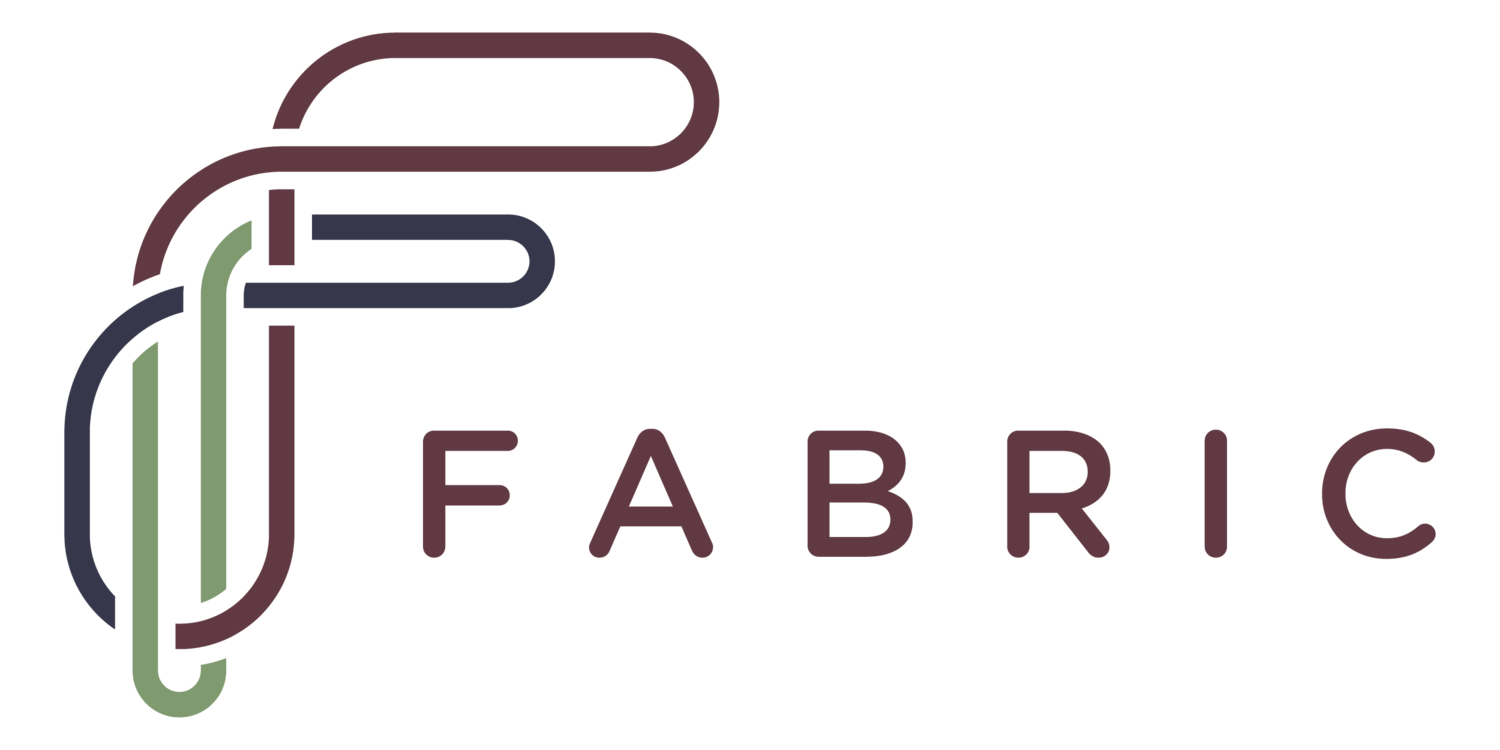The power of a better question
/As part of our small ‘t’ truth conversation we’ve come around once again to the power of a better question. What makes a “better” question anyway? Let’s explore one take on it…
Whether it's with friends, family, kids, colleagues or our fellow citizens, we are practiced at asking questions full of opinions and agendas. How can you believe that? Or a couple of my favorite parenting questions, Why did you do that? and Did you [fill in mom’s agenda here] yet? While these may temporarily give me a sense of satisfaction, they also create defensiveness, secrecy and probably some shame in my kids! What I really want to foster are courage, conviction and connection.
So, if “better” could mean more HONEST questions that OPEN up new connections to learning, to each other and to our deeper convictions, I’m in! What are we talking about here? In brief:
Open questions: create discovery and new territory to explore; many possible answers. What are some experiences that have shaped your beliefs?
Closed questions: invite quick, yes/no answers, narrow the field, stifle discovery Did you feel sheltered growing up in a small town?
Honest questions: no answers I hope or expect to hear, trust and invite the wisdom in others to speak. What options have you considered?
Not so honest questions: Leading, I know what I want or expect to hear, may be tainted with cultural assumptions, advice-in-disguise. How do you feel about going to college?
Asking open and honest questions is harder and more powerful than we think. We need low stakes, relaxed chances to practice. Below are 3 ideas for ways to try it, mess up, talk about it and try again!
ONE: Practice on yourself, in writing. Take an issue where you feel a little stuck and write out a Q & A, trying out questions on yourself as if someone else was asking you.
TWO: Over dinner with a friend or your family what if you just talked about it? “So when people need support or help talking something through, I feel like I could get better at asking helpful questions. What do you think makes a helpful or less helpful question?” Come up with examples together and talk about times with others that you’ve been on the receiving end of open & honest versus closed & not-so-honest questions. How did that feel? Admit that you want to grow in asking better questions and invite them to let you know when it might be time to question your question.
THREE: Here’s an exercise to do with a group…
Someone be the askee. Think of a lower stakes decision you are facing. (Maybe an invitation or request you’ve received, plans you are making, changes or purchases you are considering, a minor problem that needs to be addressed…)
Explain the decision to your Listener/Question Asker(s)
Listener/Question Asker(s) - listen attentively; then take a minute to jot down some ideas for open and honest questions.
Start asking! Try out your questions.
Hear a question that seems not so open and honest? Time to question your question? Call “PICKLES!” Share why, talk about it for a moment. Then keep going, keep messing up, keep learning.
Switch roles.
Have fun practicing!

